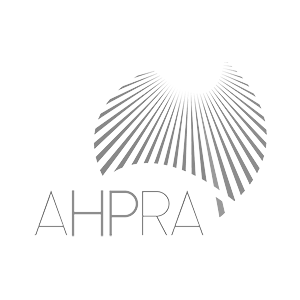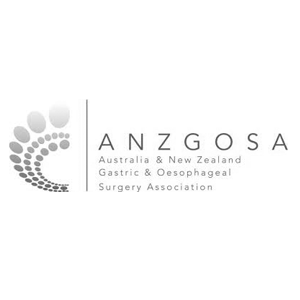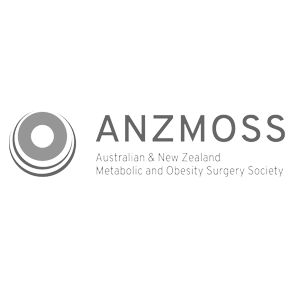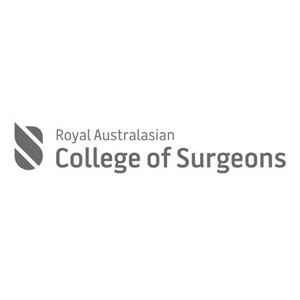Journal
Home » Journal

Polycystic Ovarian Syndrome and Obesity
PCOS is a common and varied condition that affects women of reproductive age. Although the underlying cause of PCOS is due to abnormal leutenising and follicle stimulating hormone levels, insulin resistance is also involved in progression of symptoms.

FLUID PHASE- weeks 1 & 2 post-op
The definition of a fluid is that you can suck it through a straw. If it won’t go through a straw, then don’t try it. As weight loss is your aim stick with low calorie fluids. Only if you feel fatigue, brain fog, headache or weak then take some high calorie fluids to treat the symptoms.
Aim to have at least 1.5 Litres of fluid per day including 2 VLCD (very low-calorie diet) shakes as these are fortified with protein and micronutrients.

VLCD vs Keto Diet
The Very Low Calorie Diet (VLCD) is often used before weight loss surgery to shrink the liver, this allows it to be retracted far away from the stomach and helps prevent surgical complications. The VLCD can last from anywhere between 2-6 weeks prior to surgery. A patient’s starting BMI and liver size on ultrasound will guide the surgeon’s recommendation as to how long this period lasts. The VLCD is less than 800 kcal/day and makes use of shakes, bars and soups along with vegetables, salads and plenty of water.

Obesity and Covid-19
The Centre for Disease Control has added obesity to the list of conditions that cause increased risk of severe illness with coronavirus.
Studies from around the world are reporting that excess weight is associated with increased risk of: testing positive, hospitalisation, admission to ICU and mortality. The risk seems to increase progressively with increasing BMI above the healthy weight range. A large New York study showed that people with BMI>30 were 4-6 times more likely to be hospitalised than non-obese patients.

Why Obesity Occurs
Over 30% of Australians are obese and the same level exists across most of the United States and Europe. Understanding the causes of this epidemic will reduce its associated problems of diabetes, hypertension, sleep apnoea, osteoarthritis and cancer.
For millennia humans were hunter gatherers, expending a lot of energy to obtain a meal and living in sustained periods of food shortage. This is the life that the body’s weight control mechanisms have adapted to over a long period of time.

Protein Intake After Weight Loss Surgery
A post-operative diet high in protein reduces muscle and hair loss in the first six months after surgery. The major long-term benefit of focusing on protein is the effect on satiety, out of all the macronutrients it will keep you feeling full for longer. Protein requirements will vary according to your surgery type, age and activity level but a basic guideline is 1-1.5grams/kg ideal body weight (what your weight would be at BMI 25) per day. It is best to distribute this throughout the main meals of the day to reduce snacking and grazing between meals.





